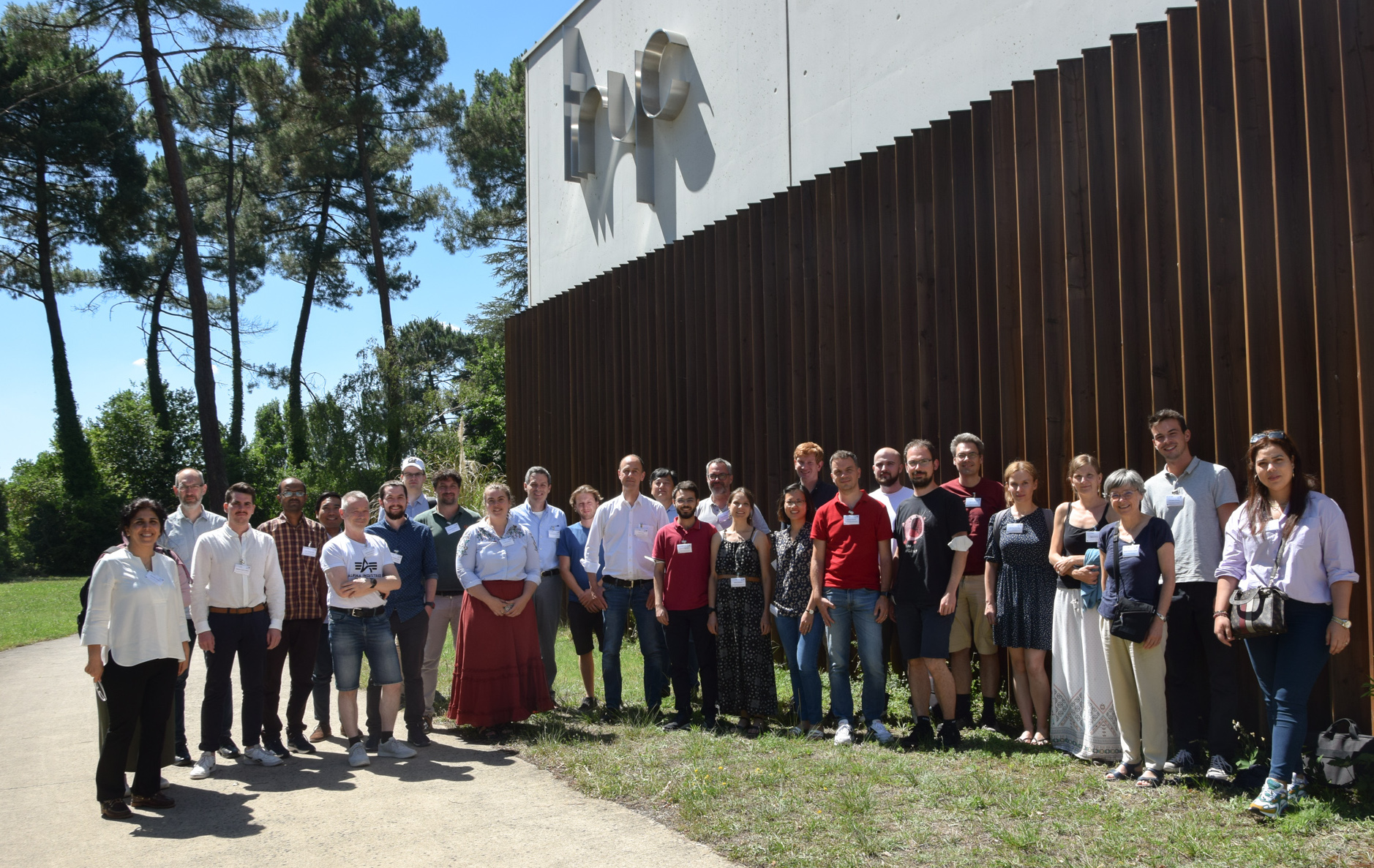En norsk versjon av denne siden finnes foreløpig ikke. Vi refererer derfor til den engelske versjonen.
Open positions
Currently there are no open positions in the project.
|
|
||||||||
|
|
En norsk versjon av denne siden finnes foreløpig ikke. Vi refererer derfor til den engelske versjonen. Open positionsCurrently there are no open positions in the project.
|
LinkedIn: @project MICROCARD
Latest newsopenCARP user meeting in BordeauxThe next openCARP user meeting will be held at Liryc in Bordeaux. connecting at LirycOn 13 November Mark Potse presented MICROCARD at LiryCONNECT, an event organized by Liryc, the heart rhythm disease institute, to engage with medical practitioners and allied professionals. AgendaWednesday 3 December10:00 monthly WP5 meeting Thursday 4 December16:00 Executive Board meeting 8-11 DecemberLACAM-25 meeting in Kerala, India Friday 12 December14:00 monthly WP1 technical meeting Tuesday 16 December15:00 monthly WP2+3 meeting |
||||||
|
website powered by Dutch windmills • no cookies • all browsers welcome |
||||||||